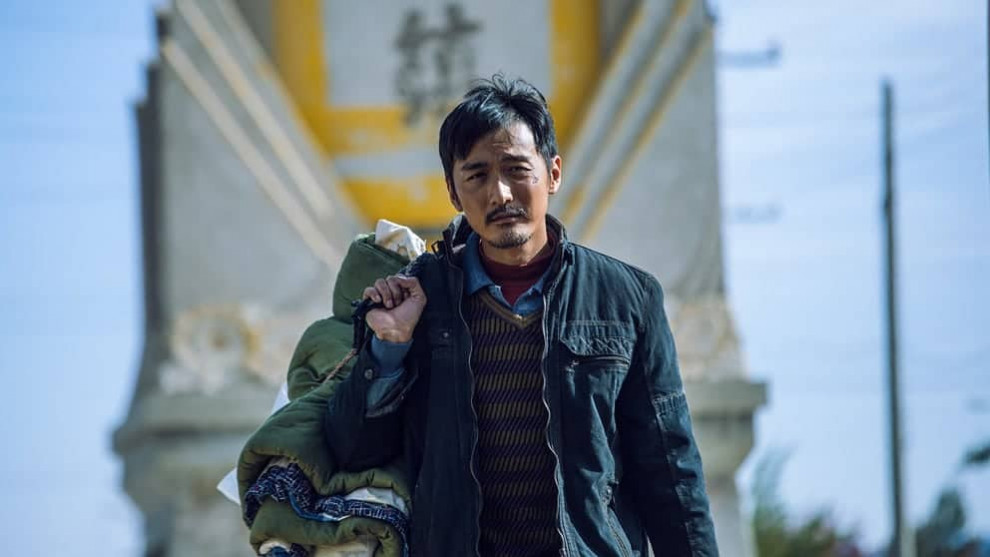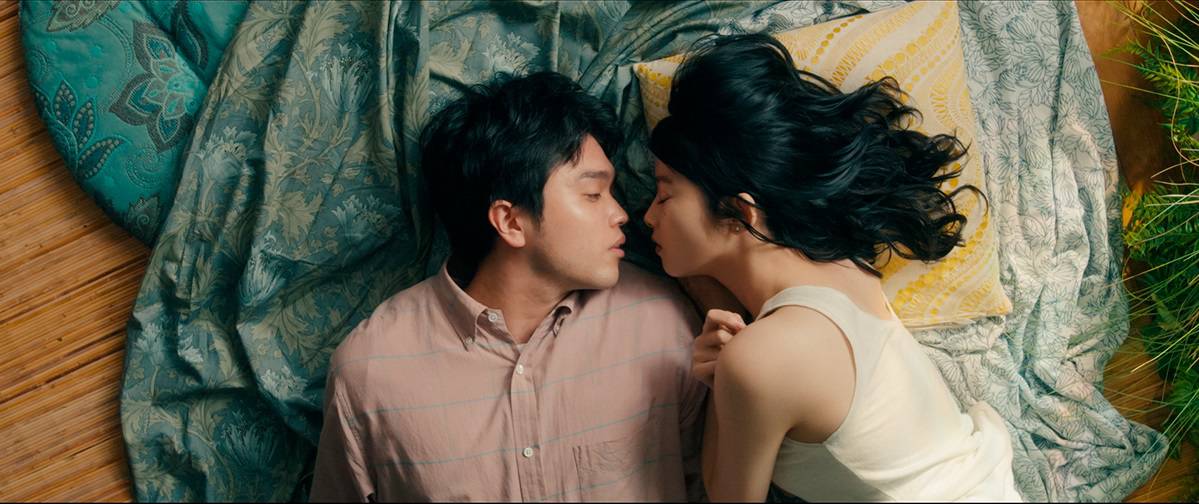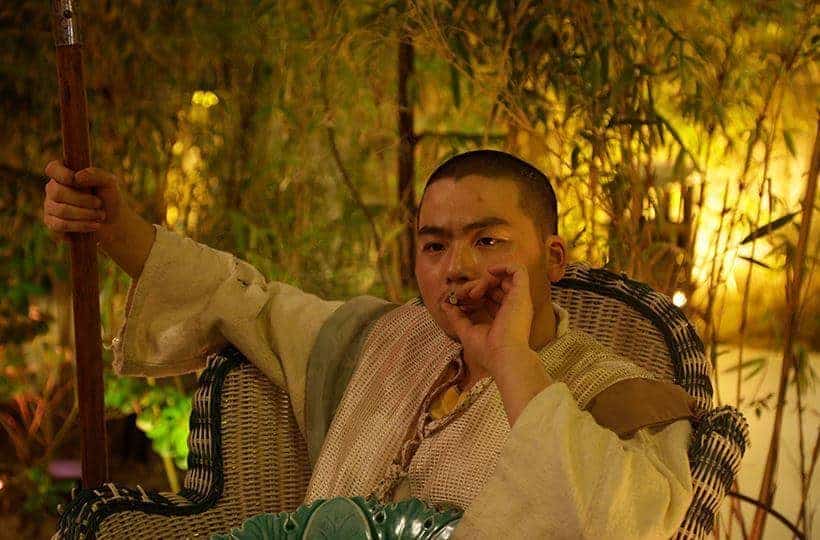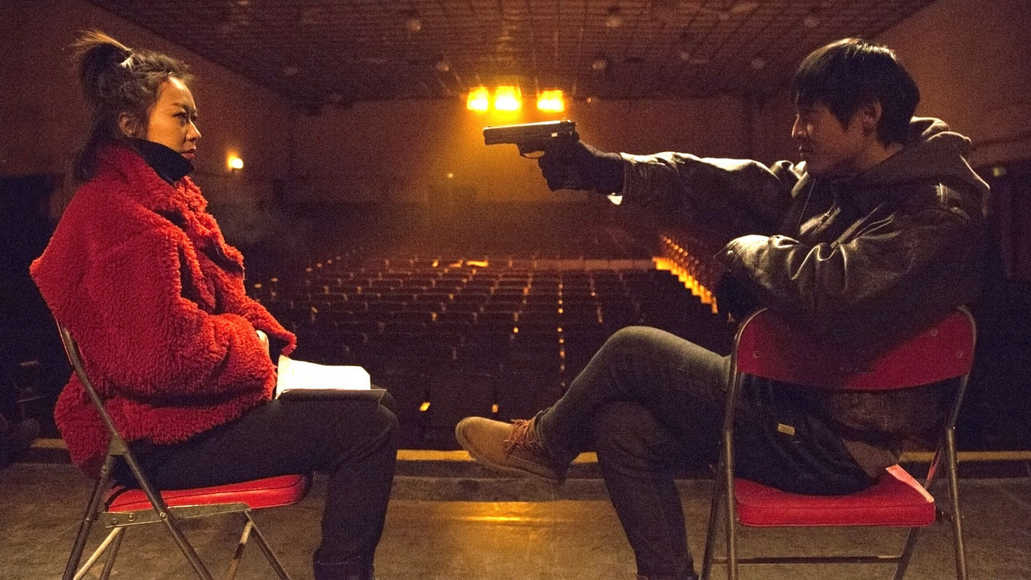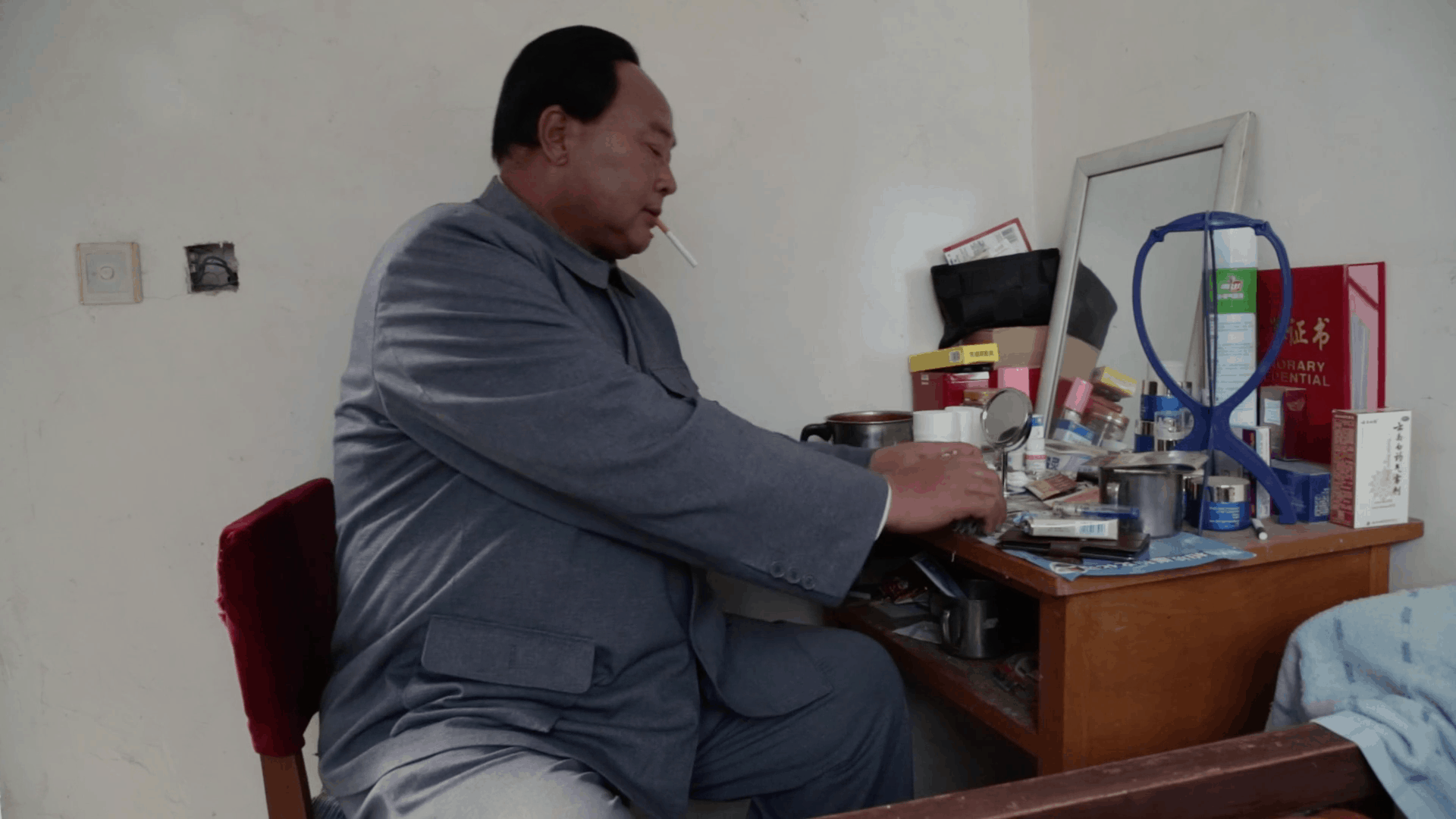Second movie for the 30-something Chinese director Xin Yukun, after “The Coffin in the Mountain”, “Wrath of Silence” premiered as the closing film of China's FIRST Film Festival last July, and had its international premier at London Film Festival. The film experienced some turbulences when its release was suddenly and inexplicably blocked. Being scheduled for October, prime season for movies in China, the censor block has deeply penalized its financial return. “Wrath of Silence”'s International rights have been acquired by the newly reappeared Fortissimo Films, famous for supporting Asian independent productions and filmmakers, Fortissimo, after the recently bankruptcy and closure, has now been acquired and rebooted by Chinese Hehe Pictures and “Wrath of Silence” is their first new title.
Wrath of Silence is screening at the 17th New York Asian Film Festival
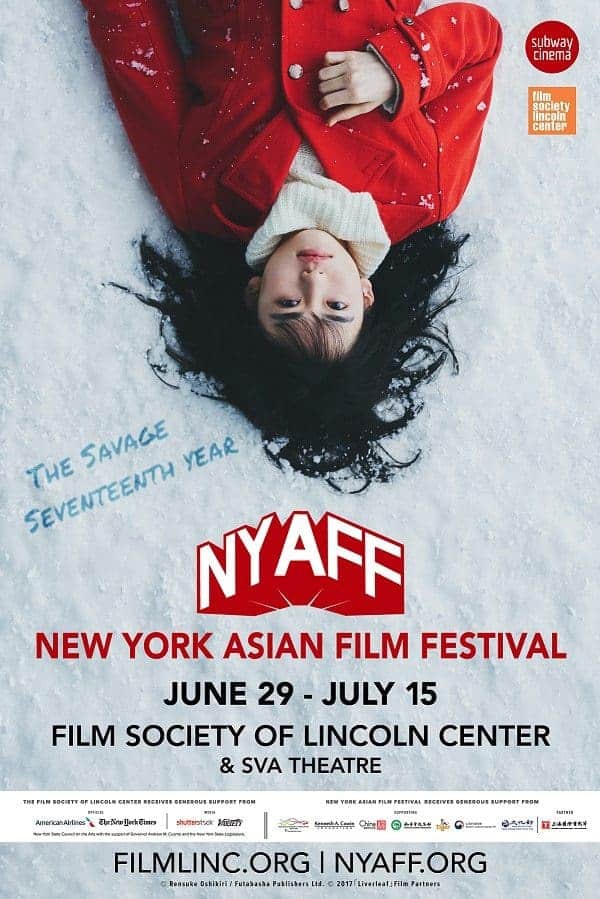
Baomin (Song Yang) is a young mute miner, with a short temper and a turbulent past that is the grisly cause of his muteness. Because of this past, he has been working in a coalmine far from his hometown, leaving behind his wife and son Lei to tend to their herd of sheep. But the news of his son's sudden disappearance forces him back to his town of Baotou in Inner Mongolia, Northeast of China (Baotao is the director's hometown too) where his desperate search for the boy starts. Memories suddenly come back to Baomin's mind when he notices the same old protests and fights against the selling and closing of the local mines.
The Hongchang Mining Company's relentless growth had indeed started years earlier, when Baomin was still living in town and his involvement in the riots had triggered his troubles and his departure. Nothing seems to have changed since, the expansion of the mining giant, headed by rich and rapacious entrepreneur Chang Wannian (Jiang Wu) is unstoppable, making progressive acquisitions and forcing the smaller companies to liquidate. A mix of clues and instincts are tormenting Baomin, who is increasingly convinced that Chang is behind his boy's disappearance and when a third element enters the scene, revealing a plot bigger than Baomin can possibly imagine, his theory starts to take shape. Lawyer Xu is under investigation by the authorities for his work with Chang and Chang's mobsters kidnap his daughter to blackmail him into silence. One more child to look for, but this second little victim has a much higher market value than Baomin's son.
 A vast, dusty and desolate landscape in full Spaghetti Western's style is the backdrop of this noir-tinted thriller that – despite the seemingly convoluted plot – unfolds smoothly, revealing a powerful social allegory. Xin Yukun outlines three precise social layers, represented by the three key characters. Baomin is the rural China, violated and silenced, in contrast with a middle class embodied in lawyer Xu who, coincidentally, is in a job where talking is crucial, but his words are the service of Chang, the third symbol, a menacing and powerful puppet master, a product of the fast growing inequality in wealth distribution. As China censor imposes, crimes will get punished in the end but the director manages to slip through a pretty loud and clear fatalistic message and critique of social injustice.
A vast, dusty and desolate landscape in full Spaghetti Western's style is the backdrop of this noir-tinted thriller that – despite the seemingly convoluted plot – unfolds smoothly, revealing a powerful social allegory. Xin Yukun outlines three precise social layers, represented by the three key characters. Baomin is the rural China, violated and silenced, in contrast with a middle class embodied in lawyer Xu who, coincidentally, is in a job where talking is crucial, but his words are the service of Chang, the third symbol, a menacing and powerful puppet master, a product of the fast growing inequality in wealth distribution. As China censor imposes, crimes will get punished in the end but the director manages to slip through a pretty loud and clear fatalistic message and critique of social injustice.

Two great professionals anchor the film in terms of acting. Song Yang, despite being devoid of lines, gives an impressive performance, as is the case with Jiang Wu (A Touch of Sin,) in the role of the extravagant and grotesque entrepreneur Chang with his idiosyncrasies and hidden flaws, not completely at ease with his huge and sudden wealth. Filmed in a piercing High Definition, giving it a hyper-realistic and disturbing clarity, the movie benefits greatly from the class and professional know-how of DOP He Shan and Sylvian Wand's music score, creating “goose pimples” effects, like in one of the final scenes, dreamy and punchy at the same time.
A chilling and atmospheric thriller with growing tension but also a forceful exposé of the corruption and individualism that are in the connective tissue of Chinese modern society, “Wrath of Silence” is a photograph of a land whose body and morality have been violated by an incurable greed.


